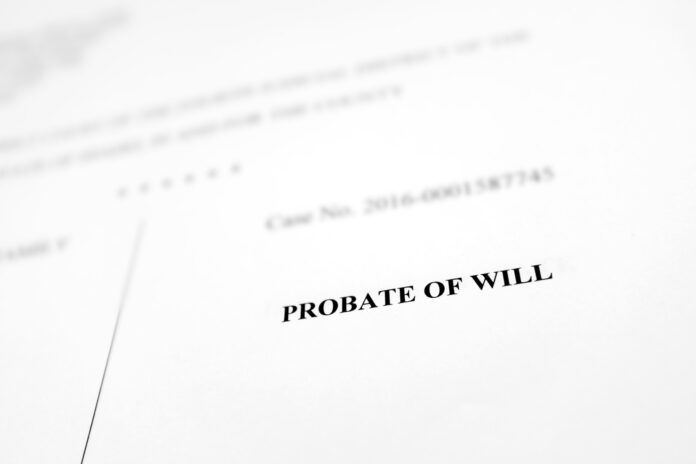Philippine inheritance laws are complex pieces of law that are intended to fairly divide the estate of a decedent in the case where a will is not available. The Rules of Court define inheritance laws in the Philippines to make sure the heirs get their fair share of the estate. Inheriting from a Philippine estate has many rules and guidelines, read on for five of the things you should know about Philippine estate laws.
1. The Rules of Court
The Rules of Court for laws on inheritance govern how the value of the estate is handled. This means that which court handles the estate depends on the estate’s value. For example, if the estate’s gross value is over two hundred thousand Php, then the Regional Trial Court will handle the estate.
2. Compulsory Heirs
A section of the estate for a Filipino who has died is set aside for what is known as compulsory heirs. Compulsory heirs are classified in three ways: primary, secondary, and concurring. Primary compulsory heirs are considered before secondary, with concurring somewhere in the middle.
Legitimate children or other descendants are considered primary compulsory heirs. Legitimate parents or other ascendants as well as illegitimate parents fall under secondary compulsory heirs. Finally, a surviving spouse, as well as illegitimate children and descendants, are all considered concurring compulsory heirs.
3. Reserves & Legitimes
As mentioned above, certain portions of the estate are reserved for compulsory heirs, which is known as a legitime. This legitime is taken from the reserves of the estate. For example, a single legitimate child’s legitime of the estate is one-half of the estate.
If there are two or more legitimate children, then that half of the estate is to be divided among them. A surviving spouse’s legitime equals about one-quarter of the estate. The legitime of any illegitimate children come from the free portion of the estate that would otherwise be divided or sold by the legitimate heirs.
4. Inheritance Advances
Any property given throughout the deceased’s lifetimes is considered advances from the estate. This means, that this property must be returned to the estate upon death. This process, known as collation, is to estimate the value of the estate.
This means only the value needs to be returned, not the property itself. Collation usually includes real estate and other valuables such as stocks or jewelry. The court will require documentary proof of value so it can be charged against the heir’s legitime.
5. The Torrens Title
Property ownership in the Philippines is indicated by the Torrens Title, which acts as a record for the property. When recorded in the Torrens Title, the claims of the registered owner defeat other claims not registered on the title. A non-Filippino who inherits or buys actual property in the Philippines should get themselves registered on the property’s Torrens Title by talking to a Philippine estate lawyer to ensure proper succession.
Philippine Inheritance Laws
Philippine inheritance laws are complicated, but these five facts will help you get started in looking into inheritance laws in the Philippines. Keeping track of all these factors is important to ensure you will be executed to your wishes!
Enjoy this article? Then don’t forget to check out our blog for more informative articles!










